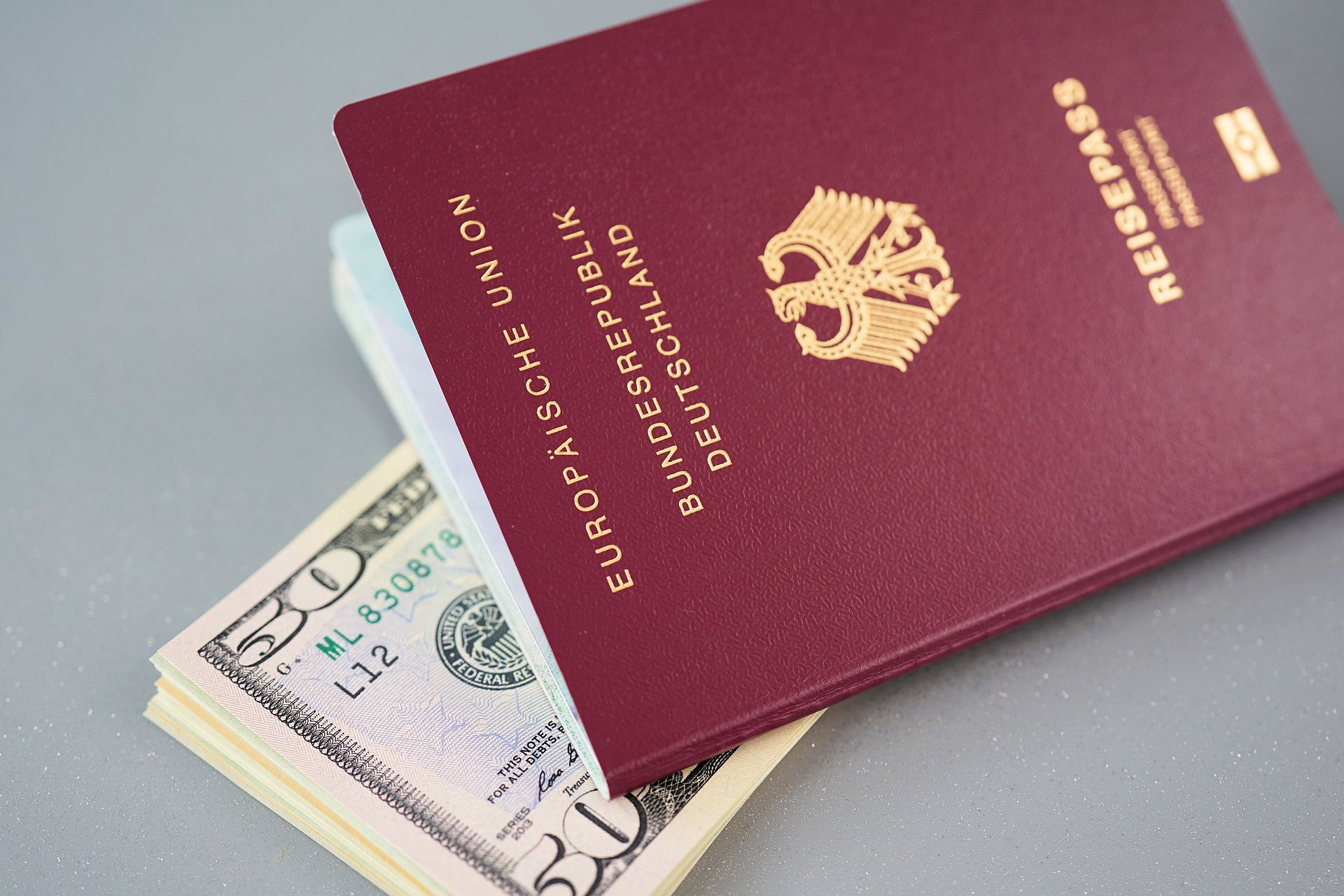The 7 Questions You Should Be Asking Your Travel Insurance Provider

Travel insurance is one of those things that you probably only think about when something goes wrong. It is not exactly exciting, but it is essential.
It can help you get back on your feet after something unexpected and expensive happens on your trip.
Without it, if you get hurt, there's a natural disaster, or something else goes wrong on your trip, you might have to pay for it yourself.
This means that you need to ask the right questions before buying a policy if you want the best coverage at a price you can afford.
Before we buy travel insurance, these are some of our favorite questions to ask any potential provider.

What's Your Deductible?
A deductible is the amount of money that you are responsible for paying out of pocket before your travel insurance company starts covering your costs.
It is important to understand the size of your travel insurance deductible before buying a policy, especially if you are traveling to a country with high medical costs like the United States.
Your medical services may be more expensive in the USA, so you may want to look for a policy with a higher deductible to keep your monthly premiums lower.
A high deductible is sometimes unavoidable, but it's important to remember that the higher your deductible is, the less coverage you will receive.
A$ 1,000 deductible may be necessary for an extended hospital stay.
What's Covered and What's Not?

This is an important question to ask any travel insurance provider. You want to be sure to understand exactly what is and isn't covered by your policy.
For instance, if you get hurt while hiking, are you covered for medical care and getting back home?
If you don't know what your insurance covers and what it doesn't, you could end up paying for costs that your insurance would have paid for.
In addition to covering injuries and accidents, travel insurance can help you in a number of other ways as well.
For example, if your flight is delayed or cancelled, travel insurance can help pay for any extra costs you have to pay because of that.
If you lose your luggage, travel insurance can help you pay to replace it.
If you have travel insurance, you won't have to worry about how any of these bad things will affect your finances.
Are There Any Restrictions On The Covered Services Or Care ?
Some travel insurance providers will impose limitations on the kind of care and services that are covered by their policies.
This can range from limits on the amount of money they will pay out for any given service to coverage for certain types of care.
For example. some travel insurance policies will cover terminal care but not ongoing treatments.
Generally, these limitations are imposed in order to keep costs down and decrease the risk of insurance providers going bankrupt.
Before buying a policy, you want to make sure you understand any restrictions that are imposed on the services and care that are covered by your travel insurance.
If necessary, you may also want to consider getting an extended travel insurance policy that provides additional coverage for certain types of care and services.
How Long Is Your Coverage Period?

When you buy travel insurance, you will usually be purchasing coverage for a specific coverage period. This is the length of time that your travel insurance policy will be active.
You will want to make sure that you understand exactly how long your coverage period is before buying a policy. Generally, you can choose between one-two-or three-year coverage periods.
The longer your coverage period is, the higher your monthly premiums will be.
If you can afford it, you may want to consider buying longer-term travel insurance to keep your monthly premiums lower.
How much Does Travel Insurance Usually Cost?

Travel insurance providers use a variety of different factors to calculate the price of their policies.
They will typically consider your age, sex,health, destination, and certain other factors when determining the price of your policy.
Before buying a policy, you want to make sure you know what factors will be taken into consideration when determining the price of your policy.
Knowing this information will allow you to compare different travel insurance providers and select the one that offers the best value for your policy.
Are There Any Optional Benefits You Can Add To Your Policy?

Most travel insurance policies are comprehensive and cover a wide variety of potential problems that could arise while you are traveling.
However, some insurance providers also offer optional benefits that you can add to your policy to increase its coverage.
For example, some travel insurance providers will offer optional coverage for rental cars, pets, or cruise ships.
You can typically add these option benefits to your policy for a small additional fee.
Are There Any Travel Restrictions With This Policy ?
Make sure you know about any travel restrictions that come with your policy before you buy travel insurance.
Some travel insurance policies have rules about where you can and can't go.
For instance, some policies might not cover cruises or other types of trips.
Before you sign up with a travel insurance company, you should find out if there are any restrictions on your travel.